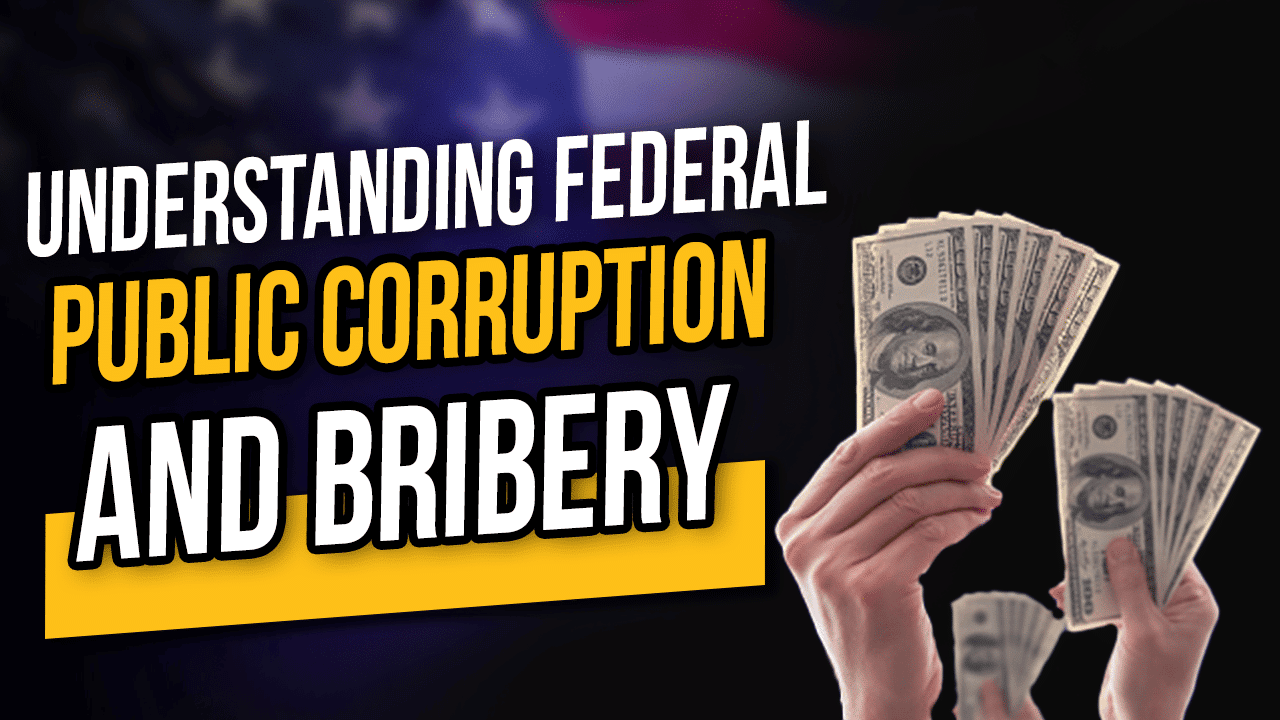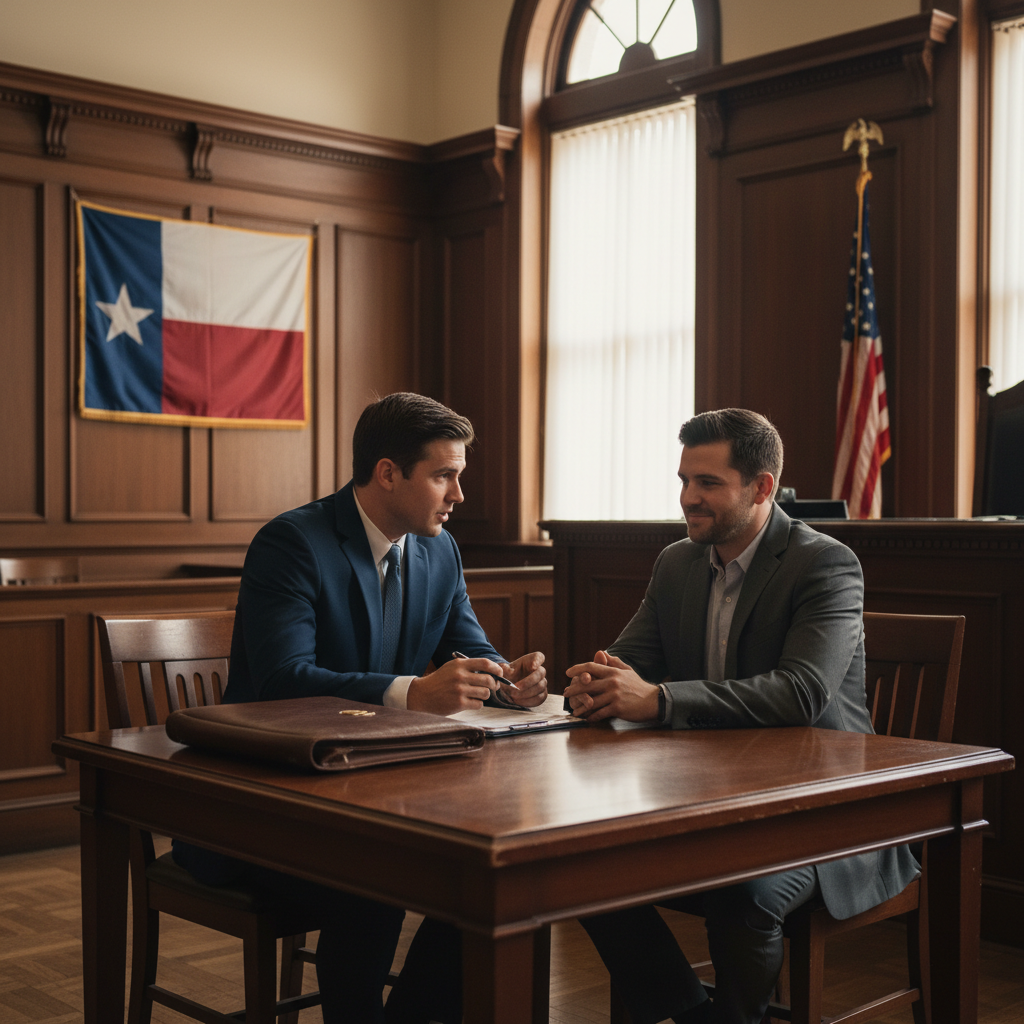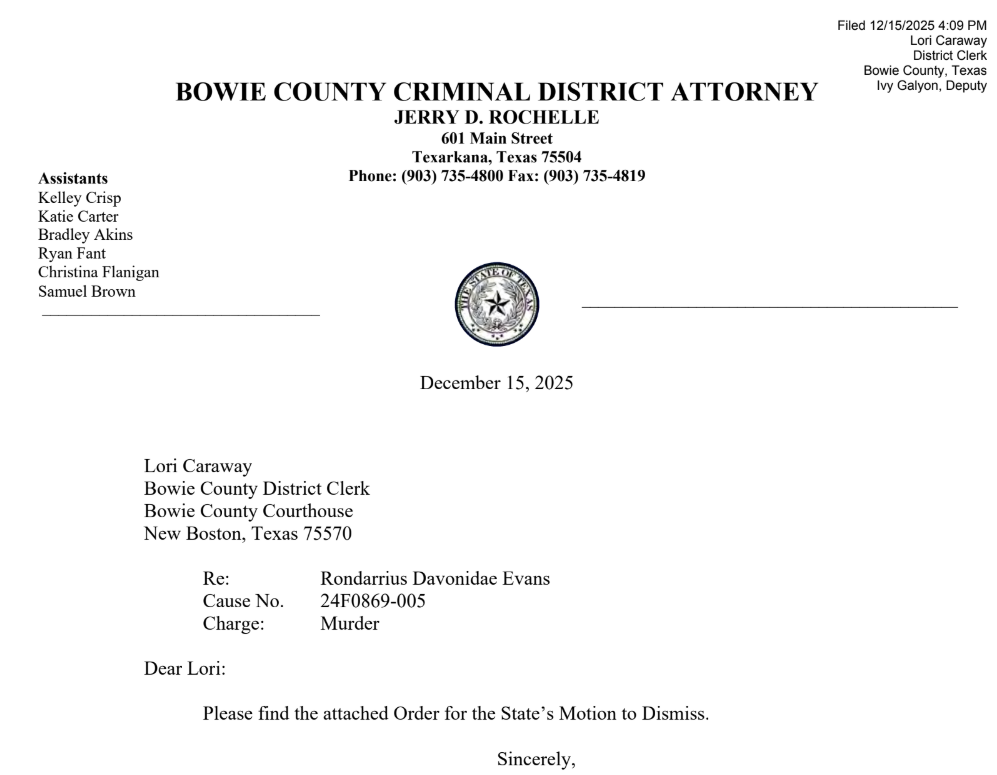Because it undermines the public’s confidence in government, public bribery and corruption is a federal offense and a key priority for federal law enforcement.
The Federal Bureau of Investigation’s top criminal investigation priority in the U.S. is public bribery and corruption.
Protecting the public’s trust in government is a goal of federal law enforcement. When public officials are involved in public corruption, such as bribery, illegal lobbying, extortion, graft, influence peddling, no-bid contracts, and other corrupt practices, the public’s faith in the government declines.
The US government and the general public lose billions of dollars annually due to governmental corruption.
Corruption Types and Public Bribery
Public bribery and corruption are betrayal examples of the public trust that often happens when municipal, state or federal representatives and their accomplices in the private sector abuse their authority.
What is an instance of public bribery, corruption, and abuse of power?
One of the most prevalent types of public corruption is bribery. Kickbacks and bribery are two typical forms of corruption that frequently occur together. One of the most dangerous forms of corruption is bribery and kickbacks.
Bribery and kickbacks, extortion, blackmail, bid-rigging, influence-peddling, unlawful lobbying, collusion, graft, conflicts of interest, gratuities, product diversion, and cyber extortion are some of the most serious forms of public bribery and corruption. For personal gain, official corruption betrays the public trust.
Corruption of the Public Is a Federal Crime

The Department of Justice is adamant that it is against the law for any representative of the federal, state, or local governments to demand or accept anything of value in return for, or as a result of, the performance of any official act. Governmental corruption is illegal.
Public bribery and corruption in the United States is punishable by the federal government under a number of federal legislations. To charge someone with public corruption, prosecutors frequently employ the Hobbs Act, Travel Act, RICO, the Program Bribery Statute, and mail and wire fraud crimes.
Anyone who offers or pays a bribe is in violation of federal law and may also be charged with public bribery and corruption. These crimes can be difficult to identify and prosecute since they are the consequence of covert backroom transactions.
The FBI looks into all forms of public corruption including public bribery and urges people to come forward with information when they become aware of it.
Corruption of the Public and Public Bribery
One of the most dangerous forms of public corruption is bribery. Any illegal, unethical, or improper activity or violation of trust carried out for personal, commercial, or financial advantage falls under the broad category of “public corruption.” All types of bribery, including kickbacks, are considered to be public corruption.
Pro tip: In relation to any federal inquiry or criminal court proceeding, keep in mind to engage legal counsel. An Earning Freedom organization called Prison Professors regularly assists customers in finding and vetting qualified criminal attorneys. Additionally, Prison Professors assists individuals in navigating the criminal justice system and achieving better results.
Public and private dealings are included in federal bribery.
All too frequently, persons trying to win over a public official or a private business partner offer gifts or cash in exchange for quicker or better results. In certain nations and businesses, bribery is a standard part of doing business, yet it is harshly punished in the US.
The interests of their constituents and employers should always be protected in the decisions made by public authorities and business officers. Therefore, public officials or officers of private companies cannot:
- provide them something of value in return for swaying their choices;
- promote deception; or
- disregard their legal obligations.
As a result, while most news stories highlight official corruption, bribery is prohibited in the private sector as well.
Bribery between commercial enterprises in the private sector is illegal under state laws. Although there are a few other federal statutes that allow for the prosecution of commercial bribery cases, no federal statute expressly forbids it.
Both public official bribery and private bribes are effective. A private firm employee receives the bribe in place of a public official to gain an advantage in a business deal. For instance, business bribery happens when a supplier gives money or other benefits to someone who can ensure that the supplier’s bid is accepted for the contract.
It is significant to note that in bribery instances, federal criminal charges may be brought against both the person who offers the bribe and the person who solicits or takes it.
Officers of the Public Defined
With a relatively broad definition of “public officials,” states and the federal government have laws specifically prohibiting bribing domestic or foreign public officials.
In general, anyone who works for the federal (or state) government qualifies as a public official for these purposes. Any officer, worker, or individual acting on behalf of the United States or any department, agency, or division of the US government, including the District of Columbia, falls under this category. It also includes members of Congress, delegates, resident commissioners, and other officials. Even those who are nominated for or appointed to public office must abide by it.
Theft and bribery are against federal laws against public corruption.
Offering, giving, receiving, or soliciting something of value in order to influence another person’s official acts in the performance of their public or legal duties is known as bribery.
Graft and bribery are two categories of federal offenses that are mentioned in federal statutes. See Sections 201 et seq. of 18 US Code’s Chapter 11—Bribery, Grand Theft, and Conflicts of Interest.
Government charges for theft
The public’s best interests must be served by appointed or elected government officials responsible with allocating public monies, including awarding contracts to the most competitive bids in an open and transparent procurement process.
Graft is a form of political corruption that involves a public figure misusing public monies for their own personal gain.
Graft frequently involves private businesses owned by governmental officials or allies, who offer preferential treatment in exchange for kickbacks or bribes.
Political bribery can happen specifically when a public figure chooses vendors to offer goods or services to a local community. Another illustration is choosing suppliers to take part in government contract bids and choosing the winning bid.
In order to avoid receiving presents, vacations, and other gratuities in the future, anti-public corruption agents are concerned that public officials shouldn’t choose friends as suppliers or agree to pay above-market prices on government contracts. In a law enforcement inquiry, these things will be viewed as unauthorized bribes or kickbacks.
No-bid contracts are yet another instance of corruption.
Graft is illegal under the general federal bribery legislation, and it nearly usually involves breaking other anti-corruption statutes as well. The act of graft may also be charged as defrauding the federal government by the prosecutor.
In other words, when a public official accepts kickbacks from private businesses in exchange for public contracts, federal law enforcement will knock on their door.
Federal Public Bribery Charges
Public bribery happens when someone offers anything of value to a business or public official in exchange for their assistance in influencing a decision-making process, committing or permitting fraud against the official’s organization, or in any other way going against their official responsibilities.
The General Federal Bribery Act (18 USC 201) prohibits bribery of public officials in the US. (The FCPA, or Foreign Corrupt Practices Act, is the federal law that controls internationally.)
In the private sector, bribery is not expressly prohibited or regulated by the federal government. However, under federal statutes like those against honest services fraud or under state laws against commercial bribery, prosecutors charge business officers implicated in bribery schemes.
The federal mail and wire fraud statutes (18 USC 1346) cover honest services fraud. The laws address dishonest schemes that deny someone else honest services by paying bribes or receiving kickbacks from a compliant third party. These laws are frequently used by prosecutors to file charges against those involved in commercial bribery in the private sector.
Consequential is a further distinction to be made between bribes and gratuity.
How prosecutors describe the exchange of value is extremely important for a person facing public corruption accusations of bribery or gratuities under Section 201, 18 US Code. That is because a Section 201 gratuities charge involves a potential 2-year term, whereas a Section 201 bribery conviction brings a possible 15-year prison sentence.
To what will the charges be applied?
Following is how the DOJ describes the distinction. The most significant distinction is the degree of link between the performance of the official act and the giving (or receiving) of the thing of value.
Bribery is a crime if money was offered essentially as a “quid pro quo” to obtain or guarantee an official act.
On the other hand, a gratuity occurs when money is provided after the fact, as a thank you but not as payment for an official act, or if it is offered with the vague intention of “currying favor” with the public official.
A bribe may also involve political contributions and the payment may be made to anyone or anything. A gratuity cannot include campaign contributions and must be used for the public official’s personal gain.
Bribery and unlawful gratuities are both significant forms of public corruption that can result in incarceration.
More Federal Anti-Bribery Laws

Additional federal anti-bribery laws prohibit, for instance, the following in particular:
- corrupting a bank examiner;
- bribes connected to a public office appointment;
- corruption connected to different loan and banking transactions; and
- bribery involving the purchase, sale, or distribution of alcoholic beverages.
A federal law called the Travel Act forbids traveling in interstate commerce with the purpose of engaging in any illegal activity. Under state law, bribery is an illegal act. As a result, the Travel Act makes it a federal crime to bribe a private individual in a state where “commercial bribery” is outlawed.
*Pro-Tip: Under the definition of commercial bribery provided by many state laws, it is “the giving or offering to give, directly or indirectly, anything of value to any private agent, employee, or fiduciary, without the knowledge or consent of the principal or employer, with the intent to influence such agent’s, employee’s, or fiduciary’s action concerning the principal’s or employer’s affairs.”
For a case study from White Collar Advice on a veteran’s experience with federal bribery charges, go here: Veteran Sent to Federal Prison on Bribery Charge.
The maximum fine for bribery of a public official is three times the amount of the bribe, and the maximum term of imprisonment is 15 years in federal prison. A conviction may also bar a person from obtaining any honorary, fiduciary, or lucrative position within the United States government.
Federal anti-corruption statute
Foreign officials who are bribed may face federal criminal penalties under the Foreign Corrupt Practices Act (“FCPA”). Criminal charges may be brought if an offer or promise is made to give money, a present, or a guarantee to a foreign official in an effort to sway their official actions or choices. It is prohibited to pay representatives of foreign governments to assist in acquiring or maintaining business.
The corrupt offer of anything of value from a publicly traded firm to a foreign official in exchange for doing an official act to conduct business is a crime under the Foreign Corrupt Practices Act (15 US Code 78dd-1). A federal public corruption act or anti-public corruption act are common names for this law.
Anyone involved in foreign business needs to be familiar with the FCPA. Bribery is a common practice in international business transactions and is particularly infamous in nations like Russia, China, and Mexico. In other nations, bribery may simply be a necessary evil of doing business, but in the US, it carries severe sanctions. Walmart is an example of a business that was accused of FCPA bribery after it paid $24 million in “facilitation expenses” in Mexico to get permits to increase its operations in Mexico.
The FCPA carries severe penalties, including fines of up to $2 million for US-based businesses. Officers, directors, employees, stockholders, or agents of US companies are also subject to fines of up to $100,000 and prison terms of up to five years.
Lobbying, influence-peddling, and public corruption
Public bribery and corruption notions that are related but separate include lobbying, influence peddling, and bribery. All of them aim to acquire personal favors or chosen favorable outcomes. As a result, they foster a climate where public corruption is a possibility.
While lobbying is an effort to influence authority, frequently by providing contributions or favors that appear to be legal, bribery is an attempt to buy power in order to ensure the desired outcome. The practice of using one’s position or political clout on another’s behalf in exchange for cash or favors is known as influence-peddling.
Both lobbying and influence-peddling can appear similar, yet neither practice is inherently wrong or unethical. (In the US, lobbying is governed by federal laws.) “Undue influence peddling” is a term used by some law enforcement professionals to characterize situations where influence peddling crosses the line into unlawful public corruption. Lobbying and influence-peddling are both criticized for being little more than bribes under different names.
The term “lobbying” refers to a coordinated effort, frequently involving financial contributions, to sway a legislative or policymaking body. Lobbying is the act of trying to persuade legislators to take a particular position on a public policy issue.
Lobbyists work to ensure that grassroots donors’ donations can have an impact on policymakers at all stages of the legislative and public policy-making process. These donations do not immediately benefit any legislators or officials. However, they might support an official’s campaign for election or reelection or a politician’s preferred charity. Through these interactions, it becomes quite clear that “we support your interests and receive your support in return.” The lobbying industry is huge. According to official statistics, spending on lobbying increased from $1.44 billion in 1998 to $3.53 billion in 2020. For businesses in the financial sector, lobbying is essential. Financial institutions spent $104 million on lobbying efforts in 2020 to advance their interests.
Power-influencing activities include lobbying and influence-peddling. Public bribery is an attempt to gain authority illegally, not only to influence it. However, there are occasions when the distinctions between lobbying, buying influence, and bribery become hazy, particularly when money is involved.
Extortion and Public Corruption
According to both federal and state regulations, extortion is one of the most serious forms of corruption.
According to Investopedia, extortion is the illegal use of actual or threatened force, violence, or intimidation to get money or property from a person or an organization. Extortion is the act of coercing or threatening another person in order to take their money or property.
Threatening is the core of extortion, regardless of whether the threats are carried out. Extortion can involve reputational injury or unfavorable government action in addition to the fear of violence or property destruction. Not every threat, though, qualifies as extortion; for instance, threatening to sue someone unless they pay you money they owe is not illegal extortion.
Criminal threats frequently involve bodily harm, property damage, physical restraint or arrest, or the denial of services or money. Offering someone protection from violence or theft in exchange for money is another kind of extortion. As “protection money,” this kind of extortion is frequently seen in movies and television.
Blackmail is extortion where the victim is threatened with having negative information about them exposed unless they pay a ransom.
Cyber extortion refers to extortion that uses technology to reach its targets. For instance, a sort of malware called ransomware encrypts crucial data files on a computer and prevents access unless the owner pays a ransom.
A computer network can also be attacked while a demand for payment to stop the attack is made. This kind of cybercrime is currently the most lucrative, surpassing intellectual property theft, claims Risk Management Magazine.
Extortion is a felony in all 50 states and a federal offense. Extortion is federally illegal whether carried out over any form of wireless communication, including emails and texts, other computer communications, the telephone, ordinary mail, or if it interferes in any other way with interstate commerce.
Extortion is penalized severely, frequently with fines and imprisonment. Jail or prison time, fines, and restitution are all part of the extortion punishment. Extortion carries a maximum 20-year jail sentence for those found guilty.
5 Outcomes
1. The prevention of public corruption is a high goal for federal law enforcement and is a federal offense.
2. The most severe forms of public corruption are extortion, kickbacks, and bribery.
3. The FBI looks into all forms of public corruption and urges people to come forward with information when they become aware of it.
4. As opposed to private corruption, which involves just members of the private sector, public corruption involves a public official (domestic or foreign) as a party to the corrupt act. Through mid-2021, federal public corruption prosecutions have grown. Public Corruption Prosecutions Statistics from the DOJ.
5. Public bribery, graft, conflicts of interest, and other crimes by federal, state, and municipal authorities as well as law enforcement professionals are included in official corruption prosecutions. For their criminal acts while in office, the federal government brings charges against governors, judges, federal and state legislators, as well as other federal, state, and municipal public officials.
Conclusion
Federal law enforcement has made combating public corruption a major priority because it is a federal offense. The DOJ vigorously pursues situations in which members of the federal, state, or local government demand or receive something of value in exchange for, as a result of, or as a result of performing official duties. In the US, some of the more significant forms of public corruption include bribery, kickbacks, and extortion.
If you are concerned you may be under investigation for public corruption, do not hesitate, call Heath Hyde now to ensure your best outcome. 903-439-0000. Visit our website www.HeathHydeLawyer.com to learn more about our federal criminal defense services and to schedule a confidential case review. Heath Hyde moves for dismissal of the investigation and any criminal charges.






